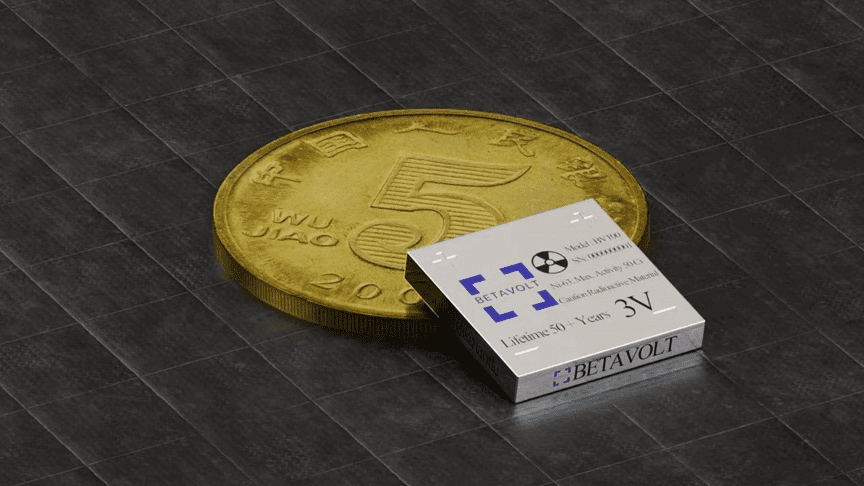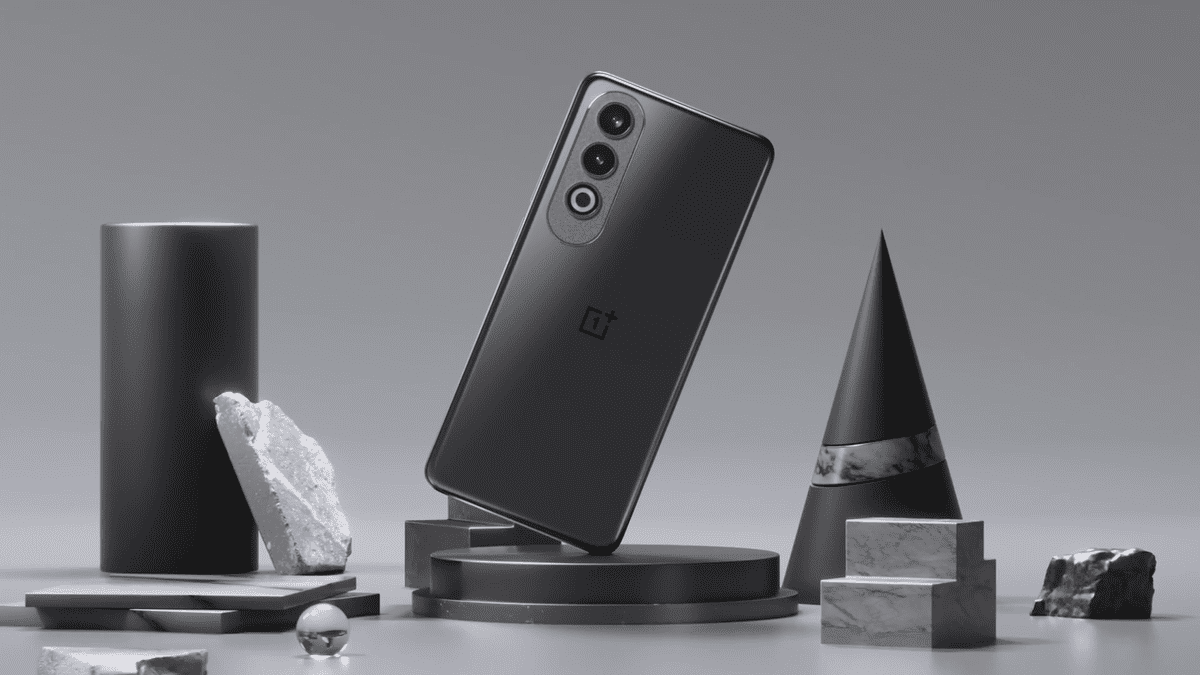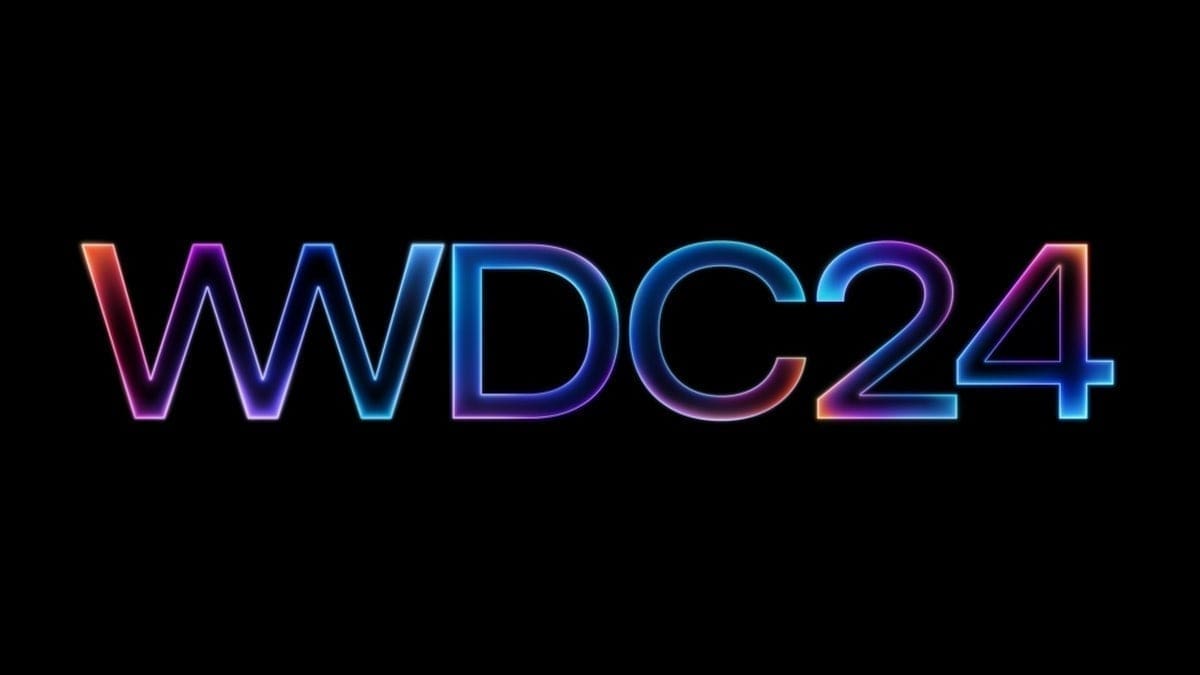Nuclear power has been around since the early 20th century, but it really took off in the mid-1900s. The big breakthrough happened on December 2, 1942, with the first controlled nuclear chain reaction led by Italian physicist Enrico Fermi as part of the famous Manhattan Project. Fast forward to today, and scientists are exploring ways to use this technology to power something we all can’t live without – our smartphones.
A Chinese startup, Betavolt based in Beijing, claims to have developed a battery that does not need charging or maintenance for 50 years. It has managed to compress 63 nuclear isotopes into a module as small as a coin, making headlines for its breakthrough in miniaturizing atomic energy.
The company has announced that its next-gen battery is already in pilot testing with plans to mass-produce it for commercial use in devices like phones and drones. Although there is no set date yet for when these batteries will be available.
Betavolt’s initial nuclear battery model delivers 100 microwatts of power at a voltage of 3V, with dimensions of 15x15x5 cubic millimeters. Looking ahead, the company aims to produce a battery capable of 1 watt of power by 2025.
The company is thinking about mobile phones that don’t need recharging or drones that fly indefinitely. However, the long life and non-stop power of these batteries might be more than is needed for smartphones, which are usually replaced every few years and can easily be charged up.
There are worries around radioactive materials, with most people hesitant to carry a nuclear-powered gadget in their pocket. Betavolt assures that its battery’s multi-layer design prevents it from catching fire or exploding under sudden force and can handle extreme temperatures, from -60C to 120C.
Nuclear batteries work by turning heat from radioactive decay into power. Commonly using isotopes like Plutonium-238, they are known for their long life, lasting decades with zero upkeep. However, there are concerns about their efficiency and the use of radioactive materials and their impact on health and the environment.
Despite these concerns, Betavolt claims that atomic energy batteries are environmentally friendly, and after the decay period, the 63 isotopes turn into a stable isotope of copper, which is non-radioactive and does not pose any threat or pollution to the environment.
The future usage of these nuclear batteries to power smartphones is uncertain, but for now, if you’re looking for a smartphone with a dependable battery, check out which were the phones with the best battery life in 2023.










